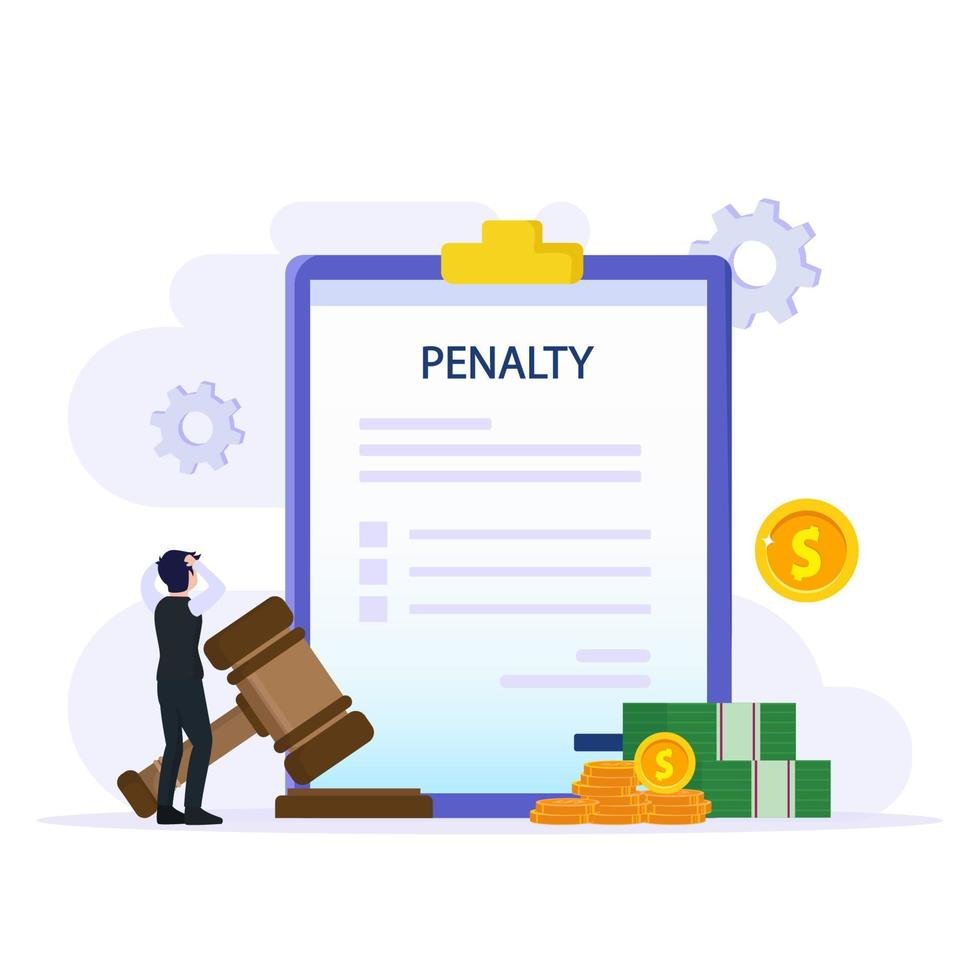Less firefighting, more breathing room
If your day starts with a plan and ends with a dozen things you didn’t plan for, you’re in good company. As a community-focused organisation, reactivity is just part of the landscape. Yes, a staff member calls in sick, a new compliance request lands in your inbox, or a crisis with a participant demands urgent attention.
But for many frontline managers and coordinators, this cycle of constant firefighting has become the norm and it's draining.
This isn’t about achieving mythical calm. It’s about creating just enough space to stop running on adrenaline.
Well, it’s not your fault
Most organisations in the care and community sector are under pressure:
Chronic workforce shortages
Complex compliance layers
Ever-shifting funding and policy settings
If your to-do list feels like a vague suggestion rather than a plan, it doesn’t mean you’re disorganised or failing… it means the system is stretched.
Still, there are small things you can control that can reduce that daily sense of chaos.
So what are some small shifts that actually reduce reactivity?
Schedule ‘proactive time’ like an appointment
Even 30 minutes a week to look ahead. Take a look at risks, audits, roster gaps - these can stop bigger issues from exploding later. Put it in your calendar. Name it clearly. And protect it like it’s a meeting with your boss.
Start a ‘fire' log’
Every time you get pulled off task, be it a crisis, a system failure, a miscommunication - write it down (log it in your Continuous Improvement register!) What happened? Why? Could it have been prevented? Over a month, patterns start to show: systems that need fixing, bottlenecks, communication gaps.
Delegate (even if it’s imperfect)
Many managers keep everything close because it's “quicker” or “easier.” But holding on too tightly builds a fragile culture. So start small and hand off one recurring task. Coach through the handover. Accept that it won’t be done your way, and that’s perfectly okay.
There are tools that can help too!
Start with one or two high impact practices:
A shared team whiteboard or digital tracker for “known issues” (try Miro or Trello)
A simple quarterly “risk calendar” - upcoming audits, peak rostering periods, policy reviews
A rotating “on-call” or “interrupt manager” role to absorb the daily chaos so others can focus
These aren’t revolutionary. They’re just practical.
You’re not aiming for perfection - just to be a little less reactive than yesterday. Over time, these habits add up to something powerful:
Fewer surprises
Less burnout
A steadier team culture
And maybe… just maybe… a lunch break that actually lasts 30 minutes.



